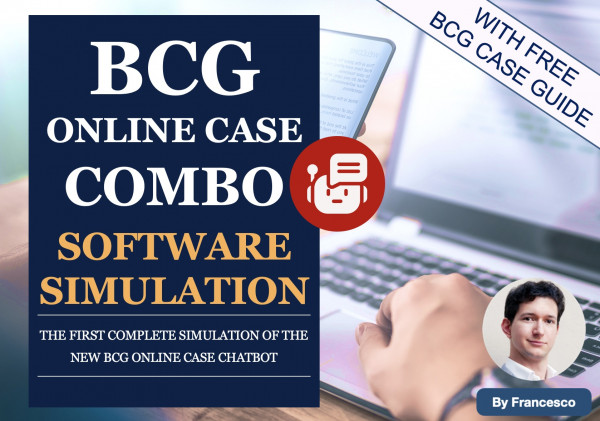How do the case interview frameworks of Boston Consulting Group (BCG), McKinsey & Company, and Bain & Company specifically reflect each firm's consulting philosophy, and what strategies should candidates adopt to tailor their preparation for each firm's unique approach?
I've heard from a lot of people, that every company has a distinctive style when the framework of the problems in the interview.
I do not mean the types of cases in my question (profitability, market-entry, acquisition) - I mean the method followed in the framework, meaning,
for example, The market entry situation differs for the three firms when preparing the framework. So of they may focus on
-Creativity, strategic thinking, and the ability to break down complex problems.
Or Problem structuring, analytical depth, and clarity of communication.
Or Practicality of solutions, business intuition, and ability to manage ambiguity.
Can you provide info for each firm in the interview? With one example for those firms




